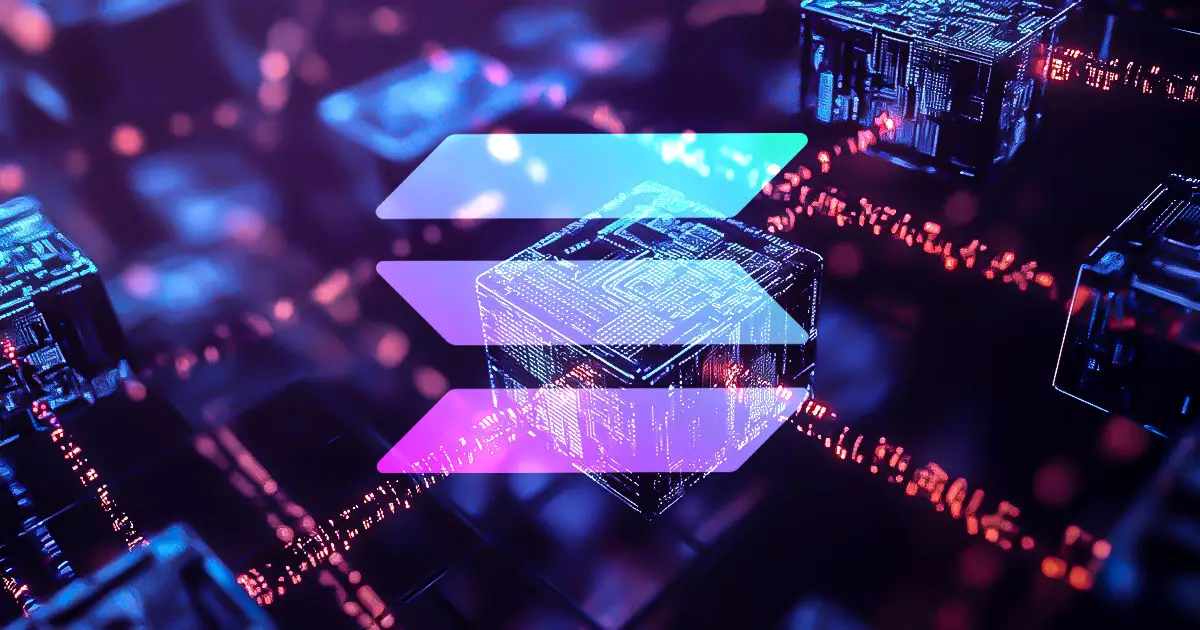Recent reports from the Solana blockchain community have shed light on significant transaction processing delays associated with Coinbase, sparking a wave of concern among users. Several Solana enthusiasts took to social media, particularly the platform X, to showcase screenshots that indicated processing times reaching up to 45 minutes—a stark contrast to the quicker transaction times seen in competing networks like Base, Algorand, Arbitrum, and Avalanche. Such discrepancies raised questions regarding the reliability and efficiency of Coinbase in facilitating Solana transactions.
Coinbase’s Response and Community Frustration
In response to the uproar, Coinbase’s support team attributed the delays to either necessary wallet maintenance or inherent issues within the Solana blockchain itself. This response quickly ignited frustration among the crypto community, with accusations directed towards Coinbase for undermining Solana’s technological prowess while potentially promoting its own Base network, an Ethereum layer-2 solution. Given that Solana ranks as the third-largest blockchain network—behind Bitcoin and Ethereum—the community’s discontent reflects a deeper concern regarding the integrity of their supported networks.
A Closer Look at Underlying Issues
Contrary to Coinbase’s assertions, key figures in the Solana ecosystem offered counter-arguments that challenged the exchange’s claims. Mert Mumtaz, the CEO of Helius Labs—a company specializing in Solana-focused RPC solutions—articulated that the delays stemmed not from Solana’s infrastructure but from internal indexing systems employed by Coinbase itself. Austin Federa, Solana’s Head of Strategy, further reinforced this view by pointing to technical issues on Coinbase’s part rather than any fault with Solana. He emphasized that “clear communications are extremely important and this one misses the mark,” reiterating that the delays were rooted in Coinbase’s internal processing failures.
The discussion surrounding the delays also extended into a comparison of blockchain performance metrics. Notably, a community note underscored Solana’s impressive Time to Finality (TTF) of just 12 seconds, highlighting its efficiency relative to Base and Arbitrum, which faced much slower processing times. While Coinbase acknowledged ongoing delays processing Solana transactions, they later confirmed on November 28 that the issue had been resolved. Andrew Allen, a Protocol Specialist at Coinbase, stated that fixes were applied, addressing both the underlying problems and updating the user interface.
Despite resolving the immediate concerns, some Solana community members continue to express skepticism regarding Coinbase’s reliability and intentions. However, there are voices like Kyle Reidhead, the creator of Milk Road, advocating for a more balanced perspective. Reidhead urged the crypto community to recognize Coinbase’s broader contributions to the industry, encouraging a focus on overall progress rather than lingering on contentious issues.
Ultimately, while the transaction delays illuminated significant communication lapses between stakeholders, the most pressing need is for clarity and transparency. The Solana vs. Coinbase incident serves as a reminder of the importance of accurate representation and efficient customer support in sustaining community trust within the evolving world of cryptocurrency.


Leave a Reply